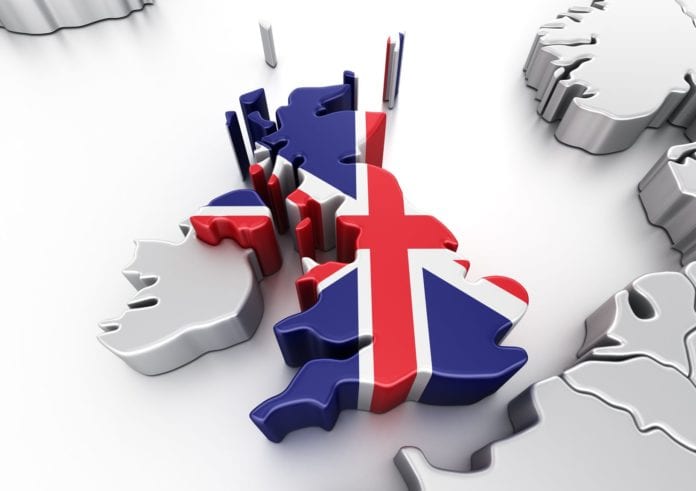U.K. carrier Vodafone has has written to the government calling for the planned auction of 5G spectrum to be dropped due to the coronavirus (Covid-19) crisis, local newspaper The Telegraph reported.
The auction is expected to raise over £1 billion ($1.23 billion).
The operator has written to Oliver Dowden, the Culture Secretary, and its industry rivals suggesting that these 5G frequencies are instead allocated fairly among the country’s four mobile carriers at the reserve price.
Vodafone said that these 5G frequencies are required as soon as possible to ensure that mobile networks have enough capacity to keep everyone connected during the crisis generated by the COVID-19 pandemic.
The frequencies due to be sold will allow operators to improve both coverage and capacity of new 5G services.
Regulators in France, Spain, Austria and Portugal have already postponed the auction of 5G frequencies due to the pandemic.
Last month, telecom regulator Ofcom finalized rules for an auction of spectrum in the 700 MHz and 3.6 GHz to 3.8 GHz bands, with the aim of boosting the rollout of 5G technology across the country.
The regulator said in a release that it plans to release 80 megahertz of spectrum in the 700 MHz band, following a four-year program to clear the band of its existing uses for digital terrestrial TV and wireless microphones.
Ofcom noted that these airwaves are ideal for providing good-quality mobile coverage, both indoors and across very wide areas.
The regulator had said it will be releasing 120 megahertz of spectrum in 3.6-3.8 GHz band.
Ofcom also said that these additional spectrum bands will increase the total amount of airwaves available for mobile services in the U.K. by 18%.
The auction will involve two stages: a principal one which will see operators placing offers for airwaves separately to determine the amount of spectrum they get; and an assignment phase involving a round of bidding to decide on the specific frequencies which will be allocated.
Ofcom said that the winners of 3.6-3.8 GHz spectrum will be able to negotiate their placements within the band among themselves in order to give them the opportunity to create more continuous blocks of 5G-ready spectrum.
The regulator stated it was looking to maintain strong competition in the market by imposing a 37% cap on the overall spectrum available to any one company.
The 37% cap on overall spectrum holdings has the effect of restricting existing mobile companies to acquiring the following amounts: BT/EE will be able to acquire up to 120 megahertz, while Three and Vodafone will be able to acquire up to 185 megahertz and 190 meahertz respectively. Due to its current spectrum holdings, O2 will not be restricted by the cap.
Last year, U.K. telcos obtained spectrum for the future provision of 5G services. Vodafone won 50 megahertz of spectrum in the 3.4GHz band after paying £378 million EE won 40 megahertz for which it paid £303 million. Three secured 20 megahertz of 3.4 GHz spectrum at a cost of £151.3 million, while Telefónica-owned O2 picked up 40 megahertz for £318m.

